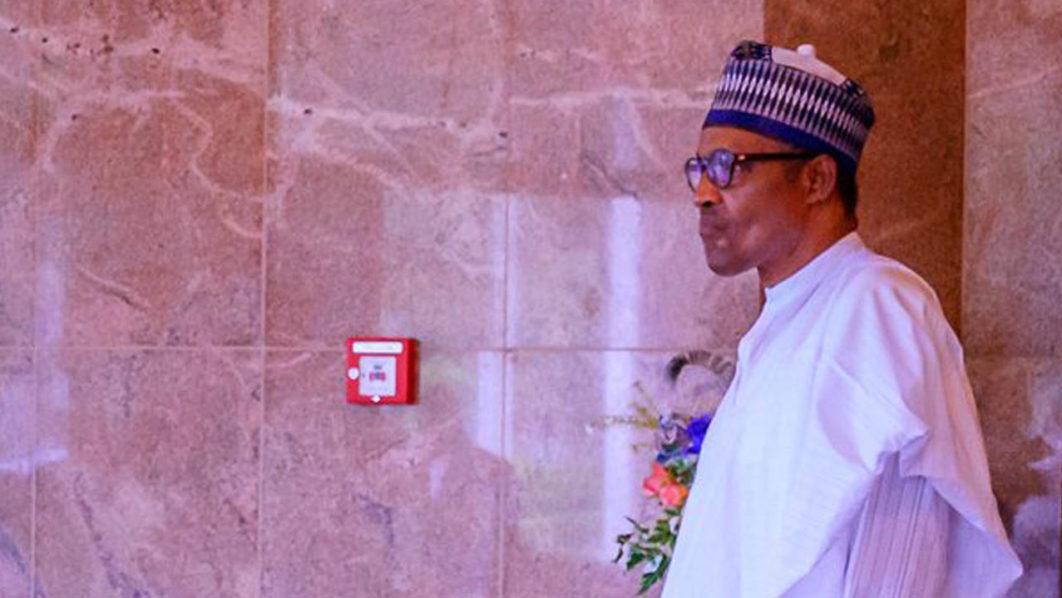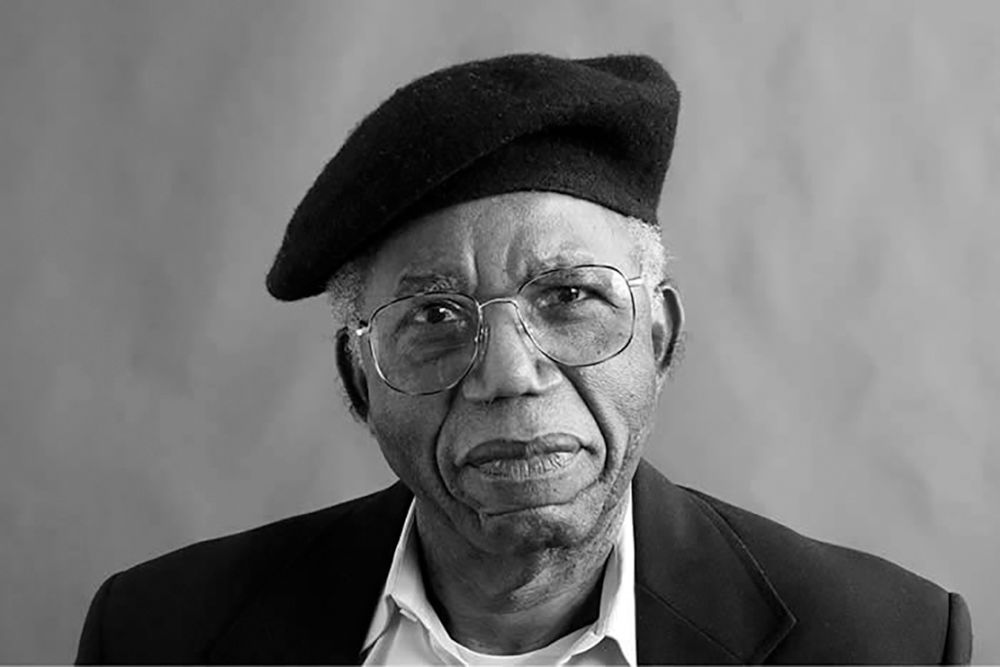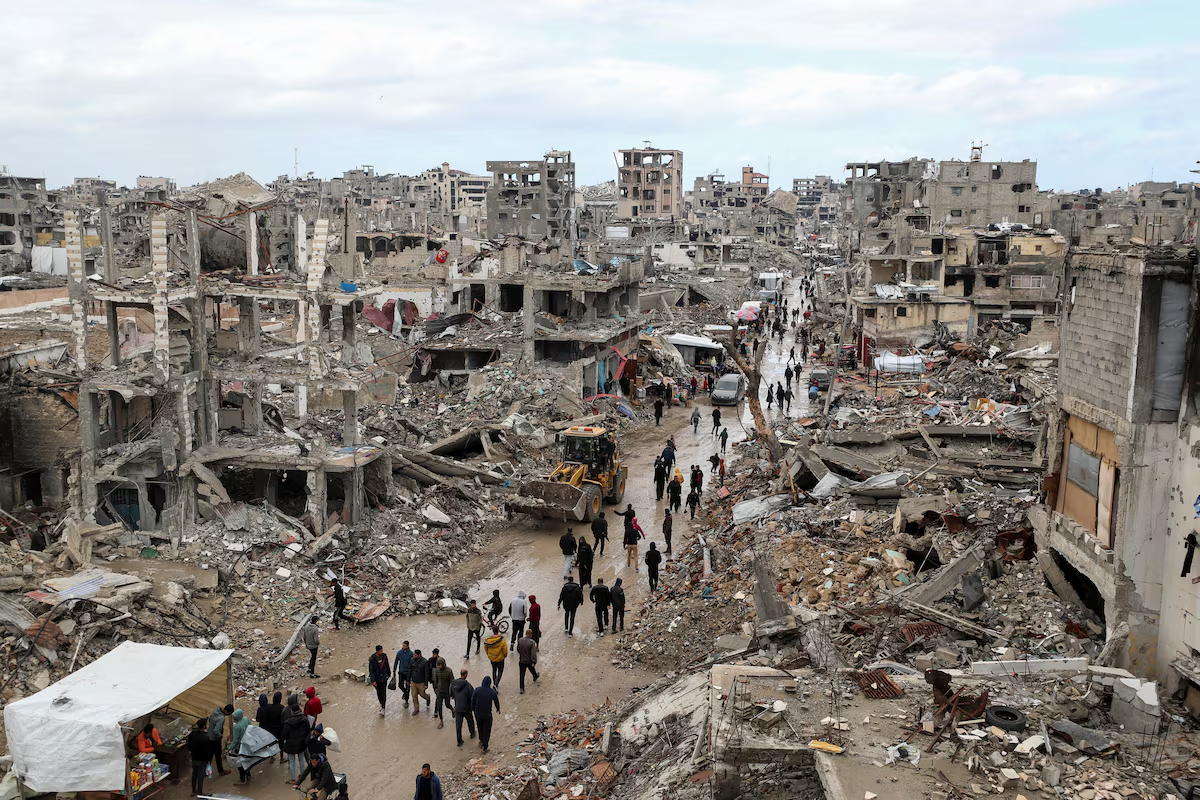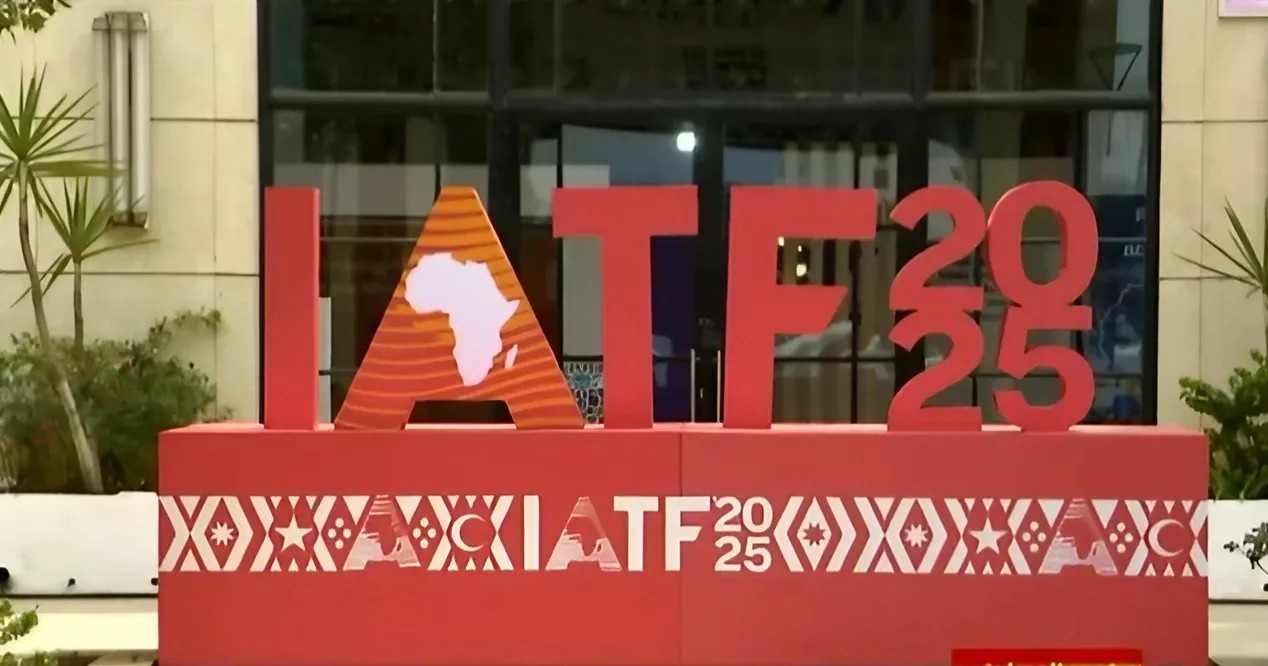
He stuttered but struggled to find an answer to the irreverent query. His emotion heightened. Taciturn or characteristically economical with words, Buhari dithered. He vacillated between received history, culture, ethnicity and religion. He had to provide an on-the-spot reply to the controversial question of his host. Buhari informed Trump the problem had a long history which terrain he could not traverse at that un-equalleague match fixture. The issue, he advised Mr. Trump, was not about religion or ethnicity. Without expatiating, Buhari identified the problem as “a cultural issue”. It is a moot point whether Buhari satisfied Mr. Trump or, in fact, whether he answered the question in the first place. Buhari simply drew a red-herring. Hishost was not deceived. Truly, Buhari’s situation was un-enviable, No matter!
That Buhari did not answer the question put to him is the subject matter of our concern here. The question, “Why are you killing Christians,?” is not relieved by the retort. “…the problem has a long history”, by his answer, Buhari had impliedly concurred with Trump. He had in effect said to his host, the issue of killing Christians had a long history. He committed a fallacy. My teacher would deem it a fallacy of the distributed middle. The facts themselves mock Buhari’s rhetoric. It is no accident, for instance, that the majority of persons who have lost their lives in seeming mob actions are Christians. The massacres are recurrent and in a particular direction. So it is not out of place to consider them targeted at a certain community of persons. A number of examples will do. In Kano in 2016, a religious group (by whatever name called) hacked to death in a market place in broad daylight a Mrs. Bridget Agbahime. Her husband was run out of town as he sought to get justice through the judicial process. He fled to his native Mkpor swearing never to return to Kano. In Gombe, sedate and easy-going Christiana Oluwatoyin Oluwaseesin who was doing what she knew how to do best teaching school children was killed by her pupils. There has been no come-uppance for the wild secondary school students even as they could be identified.
The penalty provisions for the offence of rioting or of cold-blooded murder by mobs are generally effected or appliedin the breach as those who commit the crime are not punished. This is a further suspicion of official connivance or indifference. Has it ever been seriously canvassed that we may have created an offence but not punish it; that we may have the will to denounce a crime but not the courage to punish the offenders? The answer that Trump was expecting from Buhari was an admission of official convenient evasion of responsibility on the part of the Buhari administration back home.
Buhari flunked the test by offering a wrong or evasive reply. Buhari has complacently interpreted the violent streak in certain local communities whose religious sensibilities are allegedly inflamed with or without provocation as a “cultural issue”. He has however not provided any reasoned explanation of this cultural reading of malfeasance. He merely waffled over the subject matter. Our collective understanding of justice and morality has been presented abroad as a deviation from the norm or from civilized conduct.
For how does one explain the condescending appeasement of criminals in our midst as government deploys tax payers’ money to assuage them? Kaduna State governor, Nasir El-Rufai, once narrated the story of his ingenious device for discouraging criminality in his State by paying sums of money to criminal elements so they may allow society to live in peace. They are appeased to forsake their evil ways of killing and maiming fellow citizens. The criminals have become emboldened and have come to recognise they possess an un-hindered power of life and death over others even as government is conspiratorially complicit. When in 2017, Buhari lost his presidential bid, many of his supporters went on the rampage, killing many innocent people to mourn their loss. To this day, no one has been prosecuted. They went scot-free and have been ever free. A matter as grave as this is naively subsumed under the rubric of cultural issues. The worrisome dimension of all these, however, is that we all have been conditioned or socialized into a culture of timidity or of pusillanimity.
We dare not offend some people’s religious or cultural sensibilities even as they do not care a hoot about other people’s body of beliefs or creed and as they are feared to be short-fused and able to unleash mayhem anytime. They are wired to explode any time. Regrettably, we have unwittingly indulged psychopaths. In 2016, police spokesman in Lagos, Abimbola Oyeyemi, while addressing the press, justified the attack on a Mr. Chinakwe who had named his dog “Buhari”, insisting “…the average Northerner will feel bad over such a thing”. At the expense of the constitutional rights of others, Oyeyemi reasoned that some persons deserve to be allowed their cultural sensibilities. He has demonstrably acquiesced to the bogey of certain short-fused or quick tempered persons who must be placated at all times so they may not upturn the apple cart or put everybody at risk of violent termination of their lives.
Probably sensing that it has made a world-wide ridicule of itself, predictably as a fall-out from the encounter of Buhari with Trump, the government made a round-about turn of its earlier position as it coyly admitted that in truth more Christians have been the targets of the Boko Haram sect. It offered as reason, the carefully-planned devious strategy of the ill-fated group to want to cause dissension or stir dis-affection between Christians and Muslims in the country. The government’s a posterior rationalization however does not remove the tar from its earlier untruthful position or from the damage done to its reputation. Catholic Bishops, for instance, have been unsparing of government regarding a perceived irresponsibility in the area of official reticence or reluctance to bring to book through the judicial process all those responsible for literally doing violence to our psyche or our sense of community relations. The Buhari administration’s apparent loss of grip with respect to governance, security or the protection of lives and property and the general sense of its lack of direction, purpose or poise have expectedly sharpened sensibilities and furnished a new sense for and a creative approach to the engagement of official desultoriness, inaction and crass insipidity.
We conclude by noting that it is dangerous to vest local authorities with jurisdiction concurrent with that of the National Assembly or with powers that are in oppositional relationship to the provisions of the constitution. The controversial blasphemy matter in Kano is a case in point. Issues have already been joined whether a charge of blasphemy can be sustained under our extant laws or given our claim to secularity.
Yahaya Sharif-Aminu’s lawyers have identified multiple violations of his rights to life and fair trial. In spite of an extant regime of moratorium on executions adopted by the African Commission on Human and People’s Rights and the Third Committee of the UN General Assembly, there seems to be harried attempts to put the noose round the neck of the convicted man so he would be summarily dispatched to the great beyond. It is doing violence to our claim to civilization to interpret international statutes, conventions and obligations curiously or to smugly disregard them or to subsume them under some untenable antiquated strictures. So when Buhari informed Mr. Trump that Nigeria’s perennial violence problems are historico-cultural, he did not lie after all. He was speaking in tongues.
Rotimi-John wrote from Lagos.






